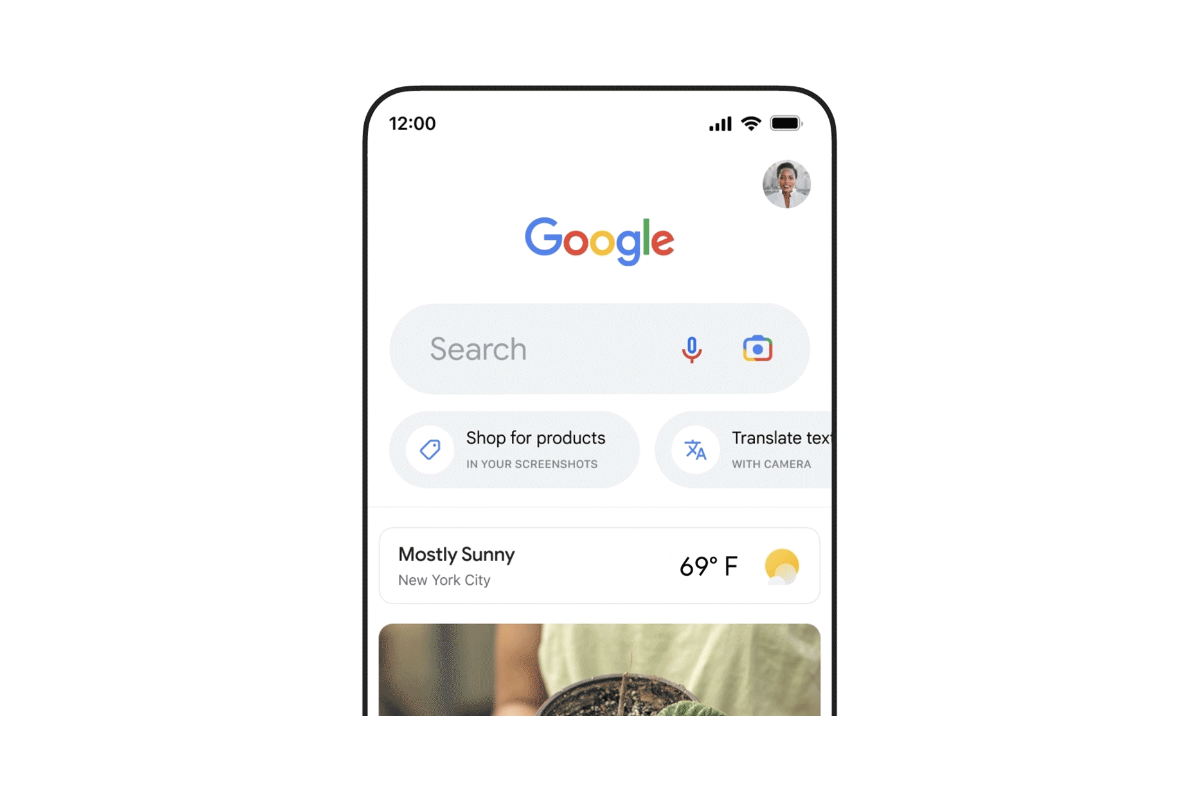Google CEO Sundar Pichai confirmed in an interview with The Wall Street Journal that the company would add conversational artificial intelligence (AI) to search.
“Will people be able to ask questions to Google and engage with LLMs [large language models] in the context of search? Absolutely,” Pichai told WSJ.
Moreover, Pichai explained that Google views conversational AI as an opportunity to expand rather than as a threat to its business model. It’s worth noting that Google previously said it would add LLMs to search, but it hasn’t specified if there would be conversational features.
Of course, the announcement hardly comes as a surprise, given Microsoft beat Google to the punch on conversational AI in search. Microsoft launched Bing Chat, powered by OpenAI’s GPT-4, back in February. The move reportedly led Google to declare a “code red” and rush its own chatbot, Bard, to market. (The rush apparently frustrated some employees).
Since the Bing Chat launch, Microsoft hasn’t slowed down on rolling out AI-powered features to its apps and software. The Edge browser got a sidebar with access to Bing Chat and other AI features, and the company recently detailed plans to add AI to Office products like Word and PowerPoint via Copilot.
Google’s Bard also had some embarrassing gaffes during the product reveal and subsequent preview, eventually prompting Pichai to promise updates to improve Bard’s capabilities.
You can read the full WSJ interview here.











